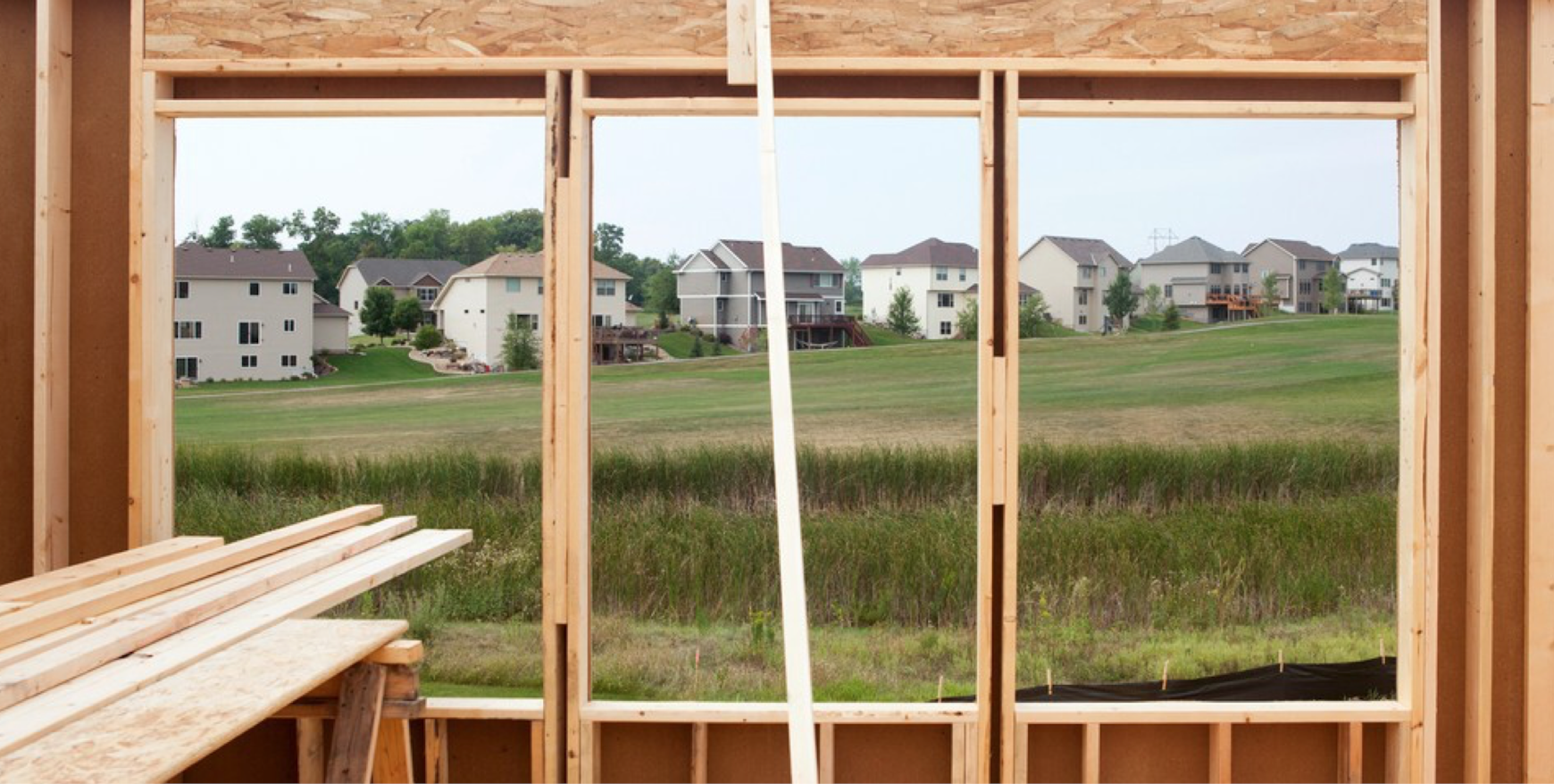Tim Gruber / The New York Times / Redux
By Jerusalem Demsas
Environmentalism has never been a stable ideology, and its adherents have never been a monolithic group. But, in Minneapolis, the green community has fractured as a wide array of self-described environmentalists find that they don’t agree on very much anymore.
Back in 2018, Minneapolis generated national headlines for being the first major American city to eliminate single-family zoning. Under a plan called Minneapolis 2040, the city legalized duplexes and triplexes in all residential neighborhoods. The plan led to a frenzy of ambitious regulatory changes meant to yield denser, transit-accessible, and more affordable homes across the city.
The stated goals of Minneapolis 2040 included housing affordability and racial equity, but supporters also stressed the environmental benefits of funneling population growth toward the urban core instead of outlying counties. “All the evidence and data shows that when you reduce your carbon footprint by, for instance, not having a 45-minute commute in from the suburbs … it helps the environment,” Minneapolis Mayor Jacob Frey told me at a downtown ice-cream shop in September. “It’s really simple, right?” Maybe.
From the beginning, though, many in Minneapolis perceived the plan as an attack on their way of life. Red signs popped up proclaiming Don’t Bulldoze Our Neighborhoods, falsely implying that bureaucrats would forcibly demolish existing homes. The city council passed Minneapolis 2040 with a resounding 12–1 vote. But, as is now common with attempts to legalize more housing, the plan soon came under legal threat. A newly formed group called Smart Growth Minneapolis, the local chapter of the National Audubon Society, and another bird-enthusiast group sued under the Minnesota Environmental Rights Act, which gave Minnesotans the right to legally challenge a public or private action that is “likely to cause the pollution, impairment, or destruction of the air, water, land or other natural resources located within the state.”
After a five-year legal battle, District Court Judge Joseph R. Klein ordered the city in September to stop implementation of Minneapolis 2040. The city has appealed Klein’s ruling, but as of now it must revert to the legal regime that existed prior to December 2018 until an environmental review has been completed. Hundreds of planned housing units are on hold.
On its face, the battle in Minneapolis is a fight over what types of housing should go where. But the debate is also revealing generational, ideological, and temperamental divides within the large umbrella of the environmental movement. And how these disputes are resolved will shape the future of cities, the politics of growth, and the contours of American liberalism.
I began to think of those who favored the Minneapolis plan as the “Crisis Greens.” They saw environmentalism largely through the lens of climate change and urgently demanded more government action to address the problem. They were less enamored of process than their opponents were, and less wary of change. And those skeptical of the plan, those involved in the lawsuit and those outside of it, I termed “Cautious Greens.” They were suspicious of development and sweeping government action. They saw environmentalism as encompassing varied lifestyle concerns and were thus much more focused on local impacts. But perhaps most telling, the Cautious Greens were apt to ask, with some bewilderment, What’s the problem with just taking our time?
My sympathies, I admit, lie with the Crisis Greens. The problem with taking our time is self-evident. For decades, America’s primary solution to building housing has been to encourage low-density sprawl that offered large single-family homes in exchange for traffic, onerous commutes, car-dependency, and a built environment often inhospitable to mass transit. And even sprawl can’t keep up with the demand for new housing, sending prices soaring. The Twin Cities area added 226,000 people from 2010 to 2017, according to the Metropolitan Council, a regional government agency. In that same amount of time, the region added just 63,600 homes. In Minneapolis proper, 37,000 new residents were accompanied by just 12,000 new homes from 2010 to 2016.
But the debate over Minneapolis 2040 won’t be won by the side with the best stats. “Debates about how to use and value the natural world get persistently entangled with questions of honor or status—questions about whose way of life is best,” the legal scholar Jedediah Purdy once wrote. That holds true in Minneapolis. Fundamentally, this isn’t a factual dispute; it’s a culture war over what values should define environmentalism.
If you were born after 1980 or so, the central environmental debate of your life has been climate change. Indeed, you may have learned about all other environmental problems—including retreating Arctic sea ice, disappearing polar bears, hurricanes, and other extreme weather—through the logic of ending carbon emissions. Your image of living a greener life likely has more to do with technological and behavioral changes—taking the bus instead of driving a car, buying energy-efficient appliances—that reduce your carbon footprint, rather than with whether you garden or enjoy hiking.
Millennials and subsequent generations have also grown up amid an urban renaissance. Minneapolis and most other major cities hemorrhaged residents after World War II, but since the 1990s, Americans—and young adults in particular—have rediscovered the economic, social, and cultural opportunities that cities offer. Unfortunately, this urban renaissance has been undermined by anti-growth laws that failed to build enough houses and apartments for new residents.
To the Crisis Greens, dense housing development in cities straightforwardly helps on all fronts. Writing in the local-news outlet MinnPost, the University of Minnesota urban geographer Bill Lindeke argues that promoting dense urban housing is “by far the most effective carbon reduction policy.” Focusing development in the urban environment, he writes, is fundamentally conservationist. “If regional newcomers can’t live in Minneapolis, they’ll live in Carver, Dakota and Anoka counties”—suburban areas with limited access to transit. “The direct result,” Lindeke continues, “will be habitat loss and the erasure of agricultural land in the exurbs, creating impervious surface and heat island intensification at a much larger scale.”
